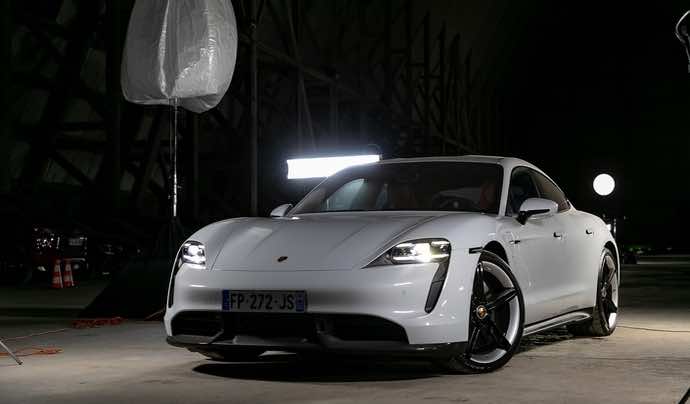Innovation in the automotive industry is not something new. In fact, the industry has been going through a plethora of developments and changes since day one. A recent focus on the onset of electrical vehicles or EVs has revolutionized the industry. This has constructed the strong edifice of sustainable and clean modes of commute for the present and future. Industries all around the globe are endeavoring to shift to or introduce EVs as a separate product line.
We all know that Tesla is the pioneer in developing electrical vehicles. Porsche had also introduced a vehicle in the category, and it was intensely marketed and commercialized. It was called the Taycan vehicle. However, a recent report published in Bloomberg stated that the model was proved to be faulty. Basically, the vehicle stopped suddenly in the middle of driving and the autopilot ran out of power. This drew a lot of attention from the National Highway Traffic Safety Administration as well.

Luckily, there have been no reports of accidents or injuries due to the incident, but Porsche is officially retracting the models from all over the world. Traffic officials and other software departments have suggested some technical changes inside the autopilot system for it to work smoothly and avoid such glitches. Porsche has so far sold about 43,000 Taycans globally and each of them has to be brought back for the software issue. Earlier, the NHTSA had asked Tesla to retract 158,000 of its older SUV and Sedan models due to technical faults as well.

This shows how the automotive industry has to face technical issues in the execution of their products and how reverse logistics of their products create problems for their operations. Moreover, unique and new developments like electrical vehicles require extra attention and aftercare since the precedence of these cases is absent and the company has to devise solutions on the go.


